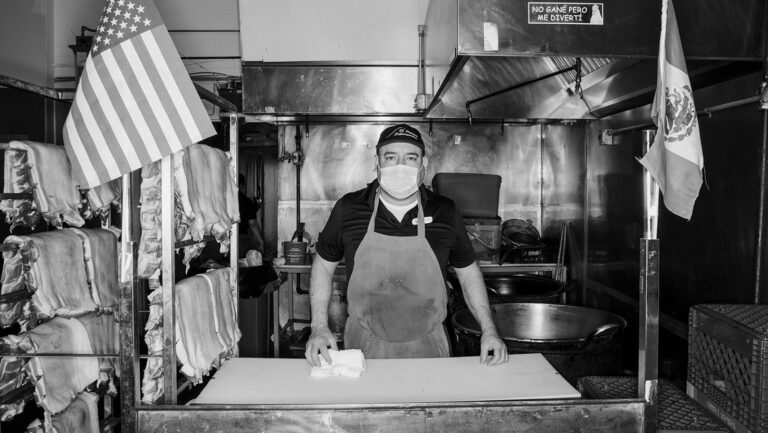Have you found that Albuquerque’s been receptive to Gorilla Tango and improv?
It's been interesting because, coming from Chicago, everybody knows what improv is. It doesn’t matter who you are; you know the general idea. People here haven’t been exposed to it as much. We have done fairly well getting into the audience's mind. Once people do see it, they have to understand that it is improv. It's not stand-up, it's not a scripted play, and they have to watch it for what it is. We have made some steps, but we still have a way to go to get people to truly understand it. What’s been really successful is the improv community. Improvisers aren't like script actors. Script actors work on a little project and then they all scatter, they’re done. But improvisers are there all the time, week after week, and that forms a really tight community.
About your improv workshops, have you generated some performers out of those?
That's what’s really important about having a training center. We teach a standard curriculum, which is basically meant to take people from no or limited standard training to “OK, I know what I am supposed to do; now I need practice doing it.” I have actually pulled two people that are ensemble members at this point, and I am adding five more that are going to be considered junior ensemble [members].
The thing that's great about improv training in general, which is another thing in Albuquerque that is different in Chicago, is that actors in Chicago look at improv as a real skill and something that is valuable to them. If you are a film actor, if you are a script actor or just a straight improviser, you really see the value in it. We get casting agents who call up specifically looking for our improv people because they know they have that experience. [The casting agents] know they can throw something at them and it will seem natural—they will know how to react to it.
You mentioned that you were opening a theater in Chicago?
Around our one-year anniversary, we were thinking, “Hey, we should really push this forward and open one back up in Chicago.” We actually considered a couple other cities, but we figured we might as well go back to Chicago in that I know a lot of people there still that would give us the opportunity to get involved real quick and implement our business plan. We’ve got everything in place; we are just trying to find a building.
Is it going to be Gorilla Tango 2?
That’s exactly what it is; it's going to be Gorilla Tango 2. What’s going to be really great about it, for both people in Chicago and people here, is that it's a direct link. People here who have aspirations of moving into a larger market can do that—they can immediately have a place to go and perform. In Chicago, that's a really big deal because just like the real estate market is so tight, so is stage time. That's the problem a lot of improvisers have in Chicago: They can’t get any stage time. To become a good improviser you need lots and lots of practice of actually doing it, and not just theory.
There is definitely going to be an exchange of people and producers. Somebody who is going to produce a show up in Chicago may decide they want to produce it here first to get a feel for it or just to try it out. It's a nice little network opportunity for everyone involved in both Gorilla Tangos and both locations. We are really excited about it.
Gorilla Tango Theatre is located at 519 Central NW. This weekend, catch The Mary Kay Letourneau Story: A Karaoke Musical on Friday and Saturday at 10 p.m. $10. Rated R for language and content. For more information about upcoming shows or the improv training center, visit www.gorillatango.com or call 245-8600. Th








